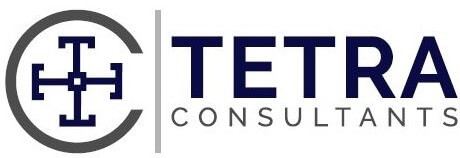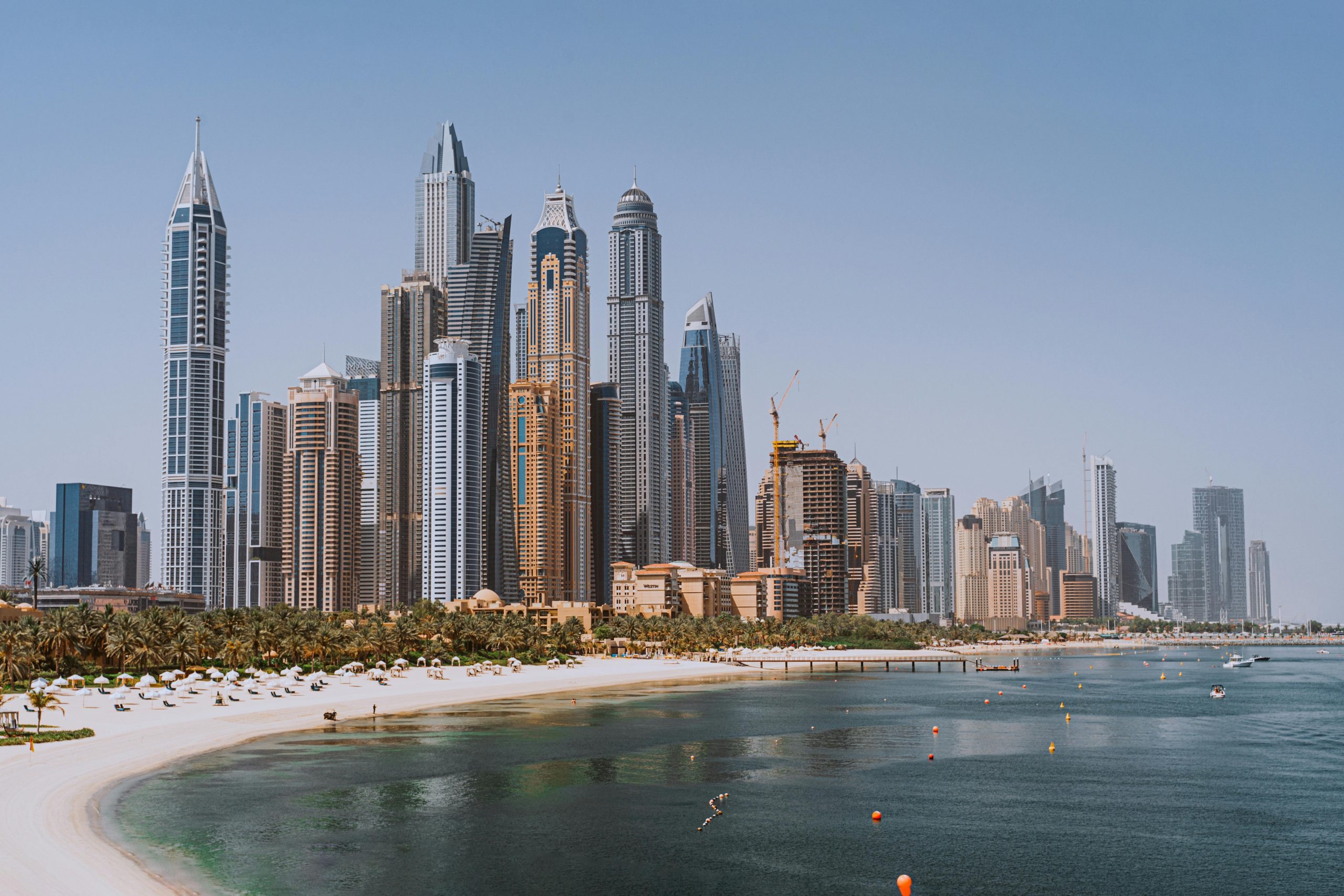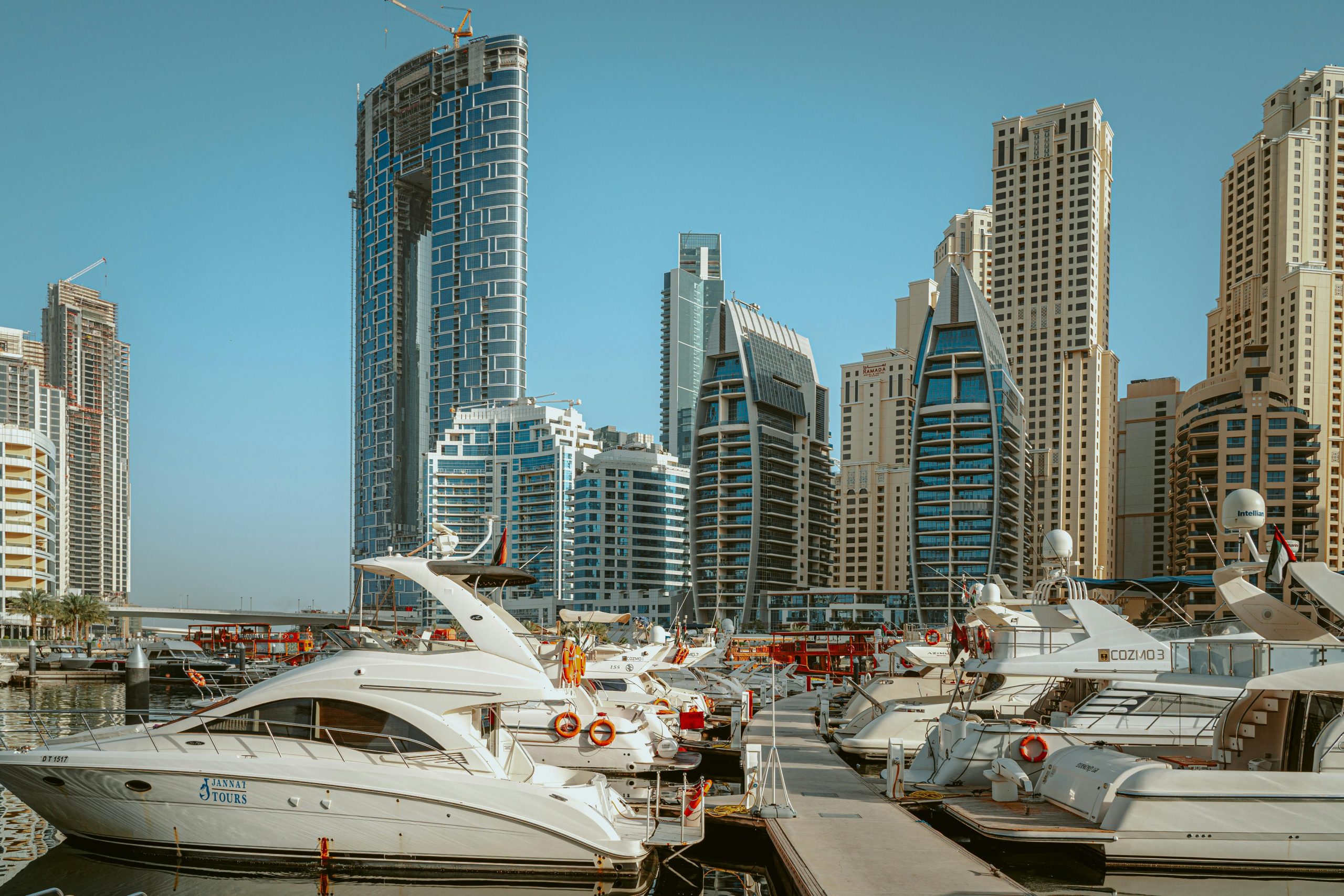Set up Seychelles International Trust
Tetra Consultants assists our international clients to set up Seychelles International Trust. For a typical formation of a Trust, an individual or legal entity (Settlor), transfers the legal ownership of assets (Trust Property) to another person or persons (Trustees) to hold on behalf of other persons (Beneficiaries). The Trustees have an equitable obligation which bind them to hold and deal with the Trust Property in accordance with the terms of the Trust. All Trusts in Seychelles are administered and managed under the Seychelles International Trusts Act of 1994.
Contact us now for a free consultation. Our team of experts will revert within the next 24 hours.
Why set up Seychelles International Trust?
Our international clients choose to register Seychelles International Trust as it gives them the protection and ease for long-term wealth management. Family assets are well planned and preserved over generations while enjoying tax efficiency. Once the Seychelles Trust is successfully set up, you can own and manage any companies, family businesses or wealth.
Simply put, a Seychelles Trust formation protects a person’s assets against personal liability, foreign exchange controls, risk of confiscation, high taxes and forced heirship. The information on the Settlor or Beneficiary is also confidential and inaccessible. The benefits can be summarised as follows:
Wealth management
- A Settlor may not have the knowledge or time to manage his/her wealth, especially if he/she owns a lot of assets. By placing assets in a Trust, the Settlor ensures that the assets he/she own is properly managed by licensed individuals (Trustees) who are equipped with the necessary qualifications and expertise to manage the assets and ensure that they provide a favourable return.
Preservation of Family Assets
- A Trust protects an individual’s assets from mismanagement by the individual’s family members. An individual may have children or other family members with lavish spending habits or poor money-management skills. By establishing a Trust, an individual can ensure that his/her wealth is distributed to his/her family members periodically through income earned from the assets. This ensures that assets are properly managed even as the individual’s family members continue to enjoy a wealthy lifestyle.
- A Trust is also useful for an individual if he/she owns a business. Disputes between family members after the death of the individual may lead to dilution in ownership of the business because some family members may choose to sell the shares of the business. When a Trust is established, the shares of the Trust will be held by the Trustees instead. This prevents potential liquidation of a family business.
Asset protection
- Since assets transferred by the Settlor to a Trust are no longer owned by the Settlor, they cannot be seized by creditors in the case of lawsuits or bankruptcy of the Settlor. However, not all Trusts offer asset protection. In a Living Trust, Settlors retain control of assets and hence the court can still seize the assets in a Living Trust. In addition, a Trust should be established long before the Settlor predicts that he/she cannot meet his/her obligations to creditors. This is because a Trust will be considered fraudulent and invalid if there is evidence that the Trust is set up when the Settlor knows that he/she will be facing lawsuits or difficulty in paying back creditors.
High Confidentiality
- Ownership of assets in the Trust is transferred from the Settlor to the Trustee. Hence, the Settlor does not need to declare or report these assets to the authorities. This is particularly useful in situations where an individual wishes to keep the ownership of shares of a particular company confidential. Seychelles International Trusts provide high levels of confidentiality because the Trust Deed does not need to be filed with the Seychelles registry. Details about the Settlor or Beneficiaries can also be kept confidential from authorities in the Seychelles it there are no Seychellois beneficiaries.
Tax Planning
- As long as income from the Trust is not derived locally, a Seychelles Trust will be exempted from income tax, estate tax, gift tax, inheritance tax and succession tax.
Prevents Forced Heirship
- There may be situations where an individual does not wish to have his/her assets passed down to his/her heirs or direct family member. This may be an issue in certain jurisdictions such as some Middle Eastern countries where Islamic Shariah Law dictates that certain direct family members must succeed the assets of the individual. In cases where the individual does not wish to pass on the assets to direct family members in such jurisdictions, the individual can choose to set up a Trust. Since assets in a Trust are not owned by the individual, the Trust will be exempted from any forced heirship requirements.
Key personnel in Seychelles Trust
- Settlor: A Settlor is the entity that creates the Trust. The main role of the Settlor is to facilitate the transfer of legal control of an asset to the Trustee. A Settlor can be an individual or a legal entity.
- Trustee: A Trustee is the entity who receives legal ownership of the assets from the Settlor. A Trustee will manage the assets in the Trust in a way that benefits the Beneficiaries according to the terms and conditions listed in the Trust Deed. Trustees are expected to act to the best of their abilities when managing the assets and cannot utilise the assets to further their own interests. Trustees in Seychelles are also subjected to strict professional licensing requirements.
- Beneficiary: A Beneficiary is the person for which the asset in the Trust is held to benefit. While the asset in the Trust is managed by the Trustee, the Beneficiary will receive profits accrued to the asset from the Trustee in accordance with the Trust Deed. There can be more than one Beneficiary listed in the Trust Deed. A Purpose Trust and Charitable Trust do not have a Beneficiary.
- Protector: A Protector acts as a supervisor to the Trustees by overseeing the appointment of Trustees and providing advice to the Trustees. A Trustee will also need to obtain consent from the Protector for certain uses of the assets. While a Protector is not required for all Trusts, a Settlor may choose to designate a Protector to ensure that the assets in the Trust are properly managed.
Key requirements of Seychelles International Trust
- Settlor is not a resident of Seychelles during the duration of the Trust.
- Settlor cannot be the sole Beneficiary of the Trust.
- There is at least one local Qualified Trustee in the Trust.
- Assets in the Trust should not consist of property located in Seychelles.
Key features of Seychelles International Trust
- Choice of proper law by the Settlor.
- Possibility for the Settlor to leave on or before his death letters of wishes setting out how he/she would wish the Trust to be administered.
- Anti-forced heirship rules.
- Recognition of Purpose Trusts.
- Duration of other Trusts limited to 99 years or less.
- Possibility to accumulate income for any period during the duration of the Trust.
- No perpetuity rules for Charitable Trusts.
- Trust instrument may contain power to vary terms of Trust.
- No disclosure of the trustees’ deliberations, the name of the Settlors and the Beneficiaries unless there is a court order, or the Beneficiaries are of Seychelles residence.
- No requirement for the Trust Deed to be registered with any Registry.
Procedure to set up a Seychelles International Trust
Prepare the Trust Deed
- A Seychelles Trust is formed when the Settlor transfers legal control of the assets to the Trustees, for the benefits of its Beneficiaries. To set up a Seychelles Trust, the Settlor will have to prepare the Trust Deed. The Trust Deed will clearly state the rights that the Trustee has with the assets and the obligations that need to be carried out by the Trustee to the Beneficiaries.
Register the Trust with the Registrar in Seychelles
- Once the Trust has been established through the Trust Deed, the Trust needs to be registered with the Seychelles registry. Details about the Settlor or Beneficiaries and the Trust Deed are not required to be filed with the registry unless the Beneficiary has Seychelles resident status.
- To register a Seychelles International Trust, the Trust Agent will need to file a declaration that explicitly states the following:
-
- The Settlor is not a Seychelles resident.
-
- The assets in the Trust do not include Seychelles property or land.
-
- The name and date of establishment of the Trust.
- A payment of US$100 must be made to the Registry. Upon successful registration, the Trust will receive a Certificate of Registration.
Tax and Accounting obligations
- Since Trust assets do not belong to the Settlor, income earned by the Trust will be taxed in accordance with the Trust regulations. Under Seychelles tax law, a Seychelles Trust does not need to pay income and corporate taxes as long as all the income earned from the Trust is derived outside of Seychelles. Similarly, the Trust is exempted from estate, inheritance, succession, or gift tax as long as these benefits are generated outside of Seychelles. However, Beneficiaries that receive income from a Trust will still need to pay taxes based on the country’s personal income tax rate.
- Similar to International Business Companies in Seychelles, offshore Trusts in Seychelles are not required to keep audited accounts because they do not need to file annual returns. However, they are required to keep accounting records.
- Many international clients choose to register a Seychelles International Trust to enjoy its tax-free benefits for wealth preservation. However, do note that some income or benefit may still be subject to income or corporate tax. Contact us now for a free consultation.
Qualified Trustee
- To set up a Seychelles Trust, you are required to appoint a local Qualified Trustee who is regulated by the Financial Services Authority of Seychelles (FSA) and licensed under the International Corporate Services Providers Act. Tetra Consultants advises our international clients on the setting up of a Seychelles Trust and provide customized solutions to achieve tax efficiency while protecting your assets.
Re-domiciliate Trust to Seychelles
- Tetra Consultants can assist our international clients to migrate their already-established Trusts to Seychelles or from Seychelles. In the recent years, there is an upward trend of Trusts moving from overseas into Seychelles due to the multiple benefits available.
Comparison of Seychelles Trust with Trusts in other jurisdictions
Seychelles has become increasingly popular with individuals seeking to set up a Trust overseas. When we compare Seychelles International Trusts with Trusts in other jurisdictions, we can see that a Seychelles International Trust largely offers the same benefit but at a lower registration cost. The list below highlights the jurisdictions that have traditionally been more popular with Trusts.
Mauritius Trust
- Similar to a Seychelles International Trust, a Mauritius Trust that does not have resident Settlors or Beneficiaries do not need to pay any income tax to the authorities. However, the Mauritius Trust is required to make an annual declaration of non-residency to the Mauritius Revenue Authority if it wishes to be exempted from taxes. In comparison, a Seychelles Trust is automatically exempted from taxes and annual filing once it is registered. A Mauritius Trust does not have to be registered with any Registry, but a Seychelles Trust must be registered with the Seychelles Registry.
Cook Islands Trust
- The registration fee of a Cook Islands Trust is higher than that of a Seychelles International Trust. Although a Cook Islands Trust is not required to pay taxes, it is required to pay an annual licensing fee. Nevertheless, the Cook Islands Trust is one of the most reputable jurisdictions for asset protection. Being the first jurisdiction to include measures to ensure asset protection, the corporate laws in the Cook Islands prevent creditors from filing claims on Trusts in the Cook Islands unless there is strong evidence that the Trust was created with the purpose of defraud.
Belize
- To protect the confidentiality of Settlors and Beneficiaries, a Belize Trust is only required to file information about the Trustees and the date of establishment of the Trust. This is similar to the registration process of a Seychelles Trust. A Belize International Trust is also exempted from tax and filing requirements.
Cayman Islands
- Cayman Islands is another reputable jurisdiction for individuals seeking to set up a Trust. Strong asset protections laws, tax exemption and no filing requirements are the key features that attract an individual to set up a Trust in Cayman Islands.
Hence, setting up a Seychelles international Trust is comparable to setting up a Trust in a traditionally popular jurisdiction.
Contact us now for a free consultation. Our team of experts will revert within the next 24 hours.
FAQ
What is a trust and how do you set one up?
- A trust is a legal agreement between the Settlor and the Trustee to give the Trustee the right to hold and manage assets in the Trust in a way that benefits the Beneficiary. A Trust is commonly held to manage real estate, minimise taxes, protect assets from bankruptcy and distribute wealth to the Beneficiaries in the case of incapacitation of the original asset owner.
- You can set up a Trust as the Settlor by drafting a Trust Deed that stipulates the purpose of the Trust, the names of the Trustees and the Beneficiaries, the rights that the Trustee has with the Beneficiaries’ assets and the duration of the Trust. The Trust will officially exist once the Settlor has transferred the legal control of the Beneficiaries’ assets to the Trustees through the Trust Deed.
How do I set up a trust account?
- You can easily open a Trust account with a financial institution by submitting the required documents to the institution. You will have to approach the institution to find out the specific requirements and documents needed for the Trust account, as well as the procedure to draft the Trust Deed.
What are the requirements for a Trust in Seychelles?
- A Seychelles International Trust needs to have a Settlor and at least one local qualified Trustee who is regulated by the Financial Services Authority of Seychelles (FSA).
- The Settlor cannot be a resident of Seychelles during the duration of the Trust or the sole Beneficiary of the Trust. Assets in the Trust should not include Seychelles property.
How much does it cost to set up a discretionary trust?
- The cost to set up a discretionary Trust depends on the services you require from Tetra Consultants. Prior to each engagement, our team will fully understand your business needs and inform you of the exact services you require.
- Tetra Consultants’ fees include the fee to register the discretionary Trust with the Seychelles registry.
Why would a person set up a trust?
- If you are a high net-worth individual, you may wish to consider setting up a Trust because a Trust can protect your assets from creditors. Since you have transferred the ownership of your assets to a Trustee, the assets you have in the Trust will not be liquidated in the case of bankruptcy.
- Alternatively, an individual may wish to register a Trust to determine when and who the assets will be transferred to when he/she passes away. This will allow the individual’s family members to gain income from the assets without increasing their tax liability. It also prevents dilution of the ownership of a family business if the shares of the business are placed in the Trust.
What is the duration of a trust?
- The duration of the Trust will depend on the duration stipulated in the Trust Deed. The maximum duration of the Trust will vary depending on the jurisdiction the Trust is registered in. In Seychelles, a Trust can only exist for a maximum of 99 years, with the exception of purpose Trusts and charitable Trusts which can last indefinitely.












